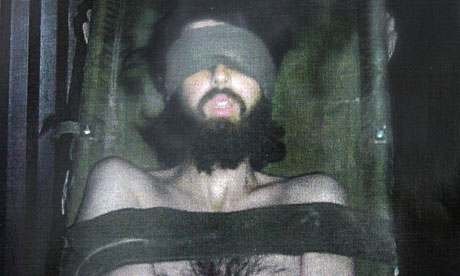Intellectual Property rights and Public Health constitute two increasingly overlapping areas, most specially since 1994 with the creation of the World Trade Organization (WTO) based upon a diverse set of international treaties regulating different aspects of trade and commerce, among them the Trade Related Aspects of Intellectual Property (TRIPS), which for the first time aims to establish a global common ground on regulating (through such instruments as patents) production, trade and stockpiling of pharmaceutical products. Its implications in terms of access are a matter for concern, and a legitimate human rights issue which we will be following closely.
 |
| Unfair trade is one of the driving forces behind entrenched poverty and widening health disparities.Trade policies impact health through their effects on the social determinants of health as shown in this chart prepared by the Economic Governance for Health |
In this occasion we would like to highlight a good piece by Northeastern University School of Law professor (affiliate to its Program on Human Rights and the Global Economy) and Health Gap Policy Analyst (Global Access Project) Brook K. Baker in IP-Watch on recent developments in the IP and Public Health area, most specially the recent licensing agreement between Gilead and the Patent Pool for medicines.








